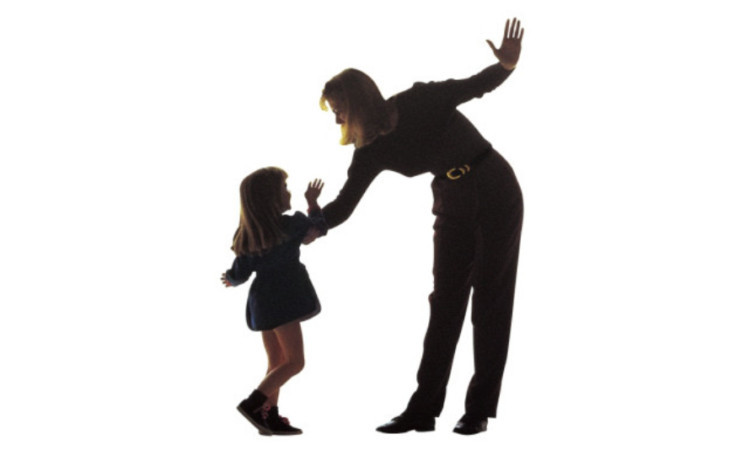
There was anger last night after Scotland’s children’s tsar demanded a ban on smacking and a string of other ‘soft touch’ changes to the country’s justice system.
Tam Baillie is calling for judges to take into consideration whether a criminal is a parent and the age of criminal responsibility to be increased by at least four years.
The £75,000-a-year “Children’s Commissioner” is also backing moves to ensure every alleged criminal under 18, including 16 and 17-year-olds, be treated as a child.
The calls were made to a powerful Holyrood committee which is considering a major shake-up of the justice system, including ending the centuries-old need for corroborating evidence in prosecutions.
Scottish Conservative justice spokeswoman Margaret Mitchell criticised the stance of the children’s commissioner.
She said: “I’m surprised Tam Baillie has made these comments.
“It is essential parents are allowed to use reasonable chastisement in the disciplining and raising of their children. This issue has been brought before parliament on a number of occasions and rejected every time.”
Mr Baillie made his demands in a response to a call for evidence by the Scottish Parliament’s justice committee on the Criminal Justice (Scotland) Bill.
He said: “Children who commit offences must be seen as children first and foremost.
“Every international human rights instrument to which the UK has opted freely to commit itself and which defines ‘child’ requires or recommends that definition include any person under the age of 18, as much of Scots child and family law has done for many years.”
In 2002, the United Nations’ Committee on the Rights of the Child said it “deeply regrets that the (UK) persists in retaining the defence of ‘reasonable chastisement’”.
However, MSPs have so far resisted an outright ban on smacking.
But Mr Baillie said the “most important contribution the Criminal Justice (Scotland) Bill” would be to repeal the law which allows parents, within reason, to smack their children.

Enjoy the convenience of having The Sunday Post delivered as a digital ePaper straight to your smartphone, tablet or computer.
Subscribe for only £5.49 a month and enjoy all the benefits of the printed paper as a digital replica.
Subscribe